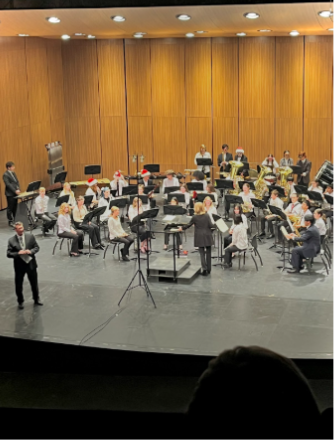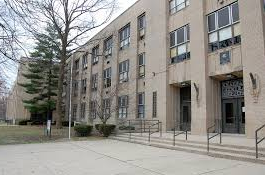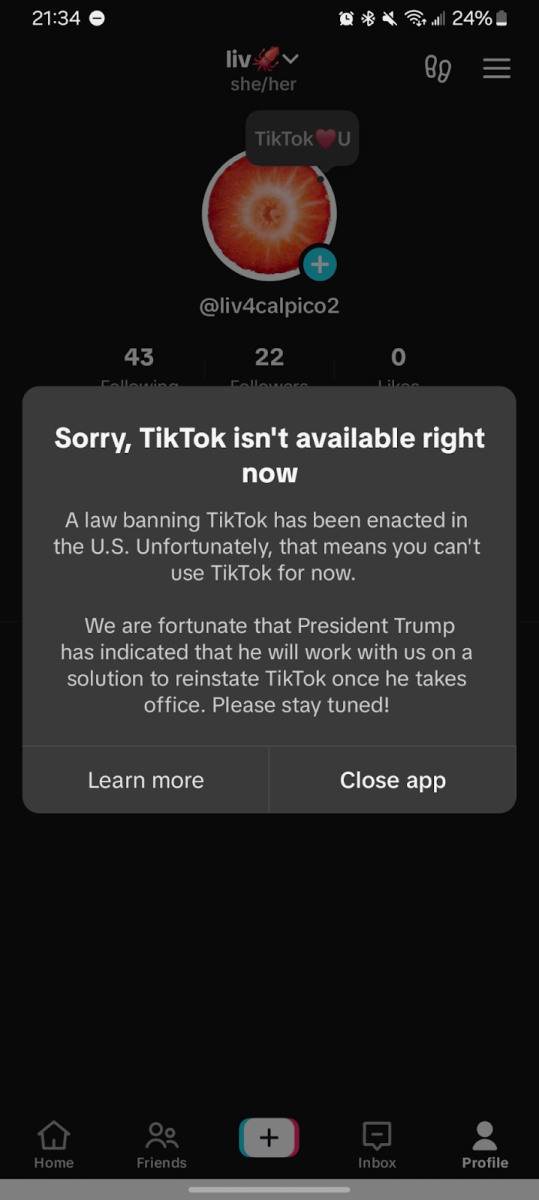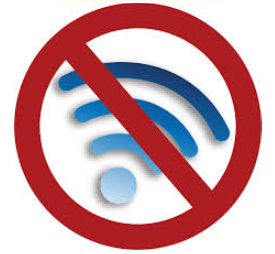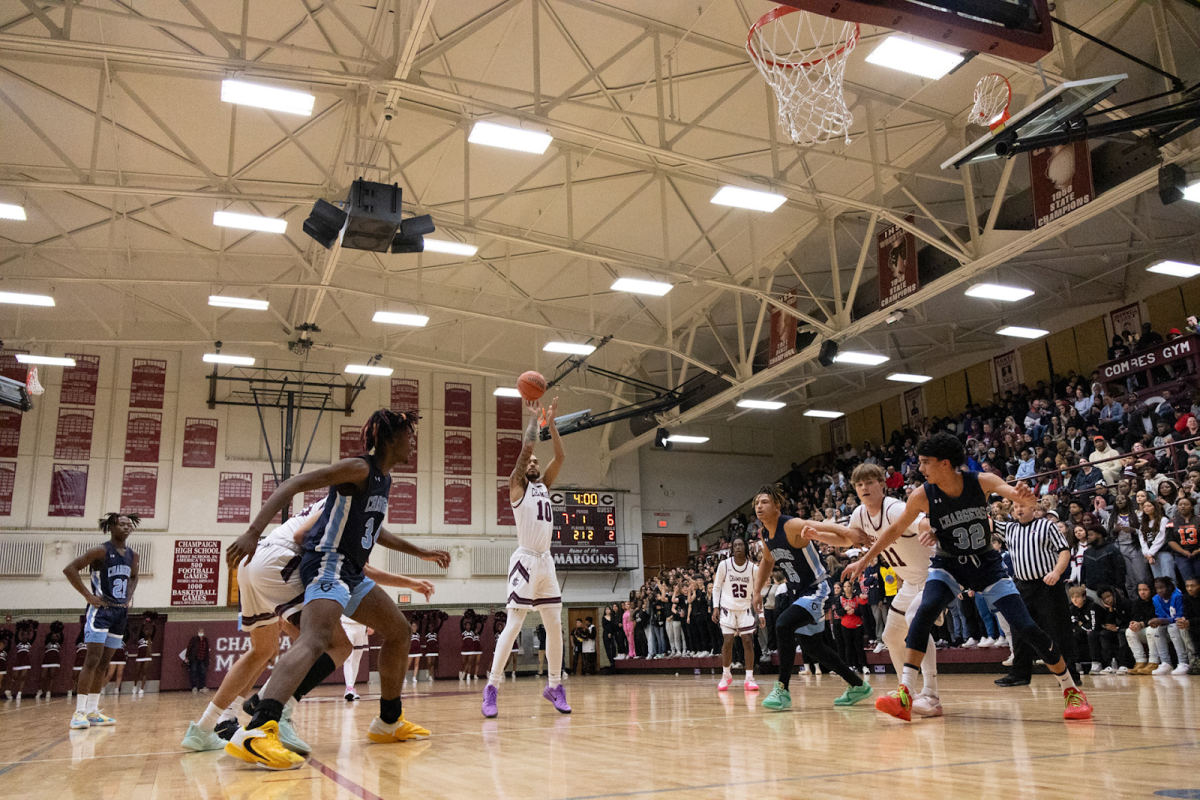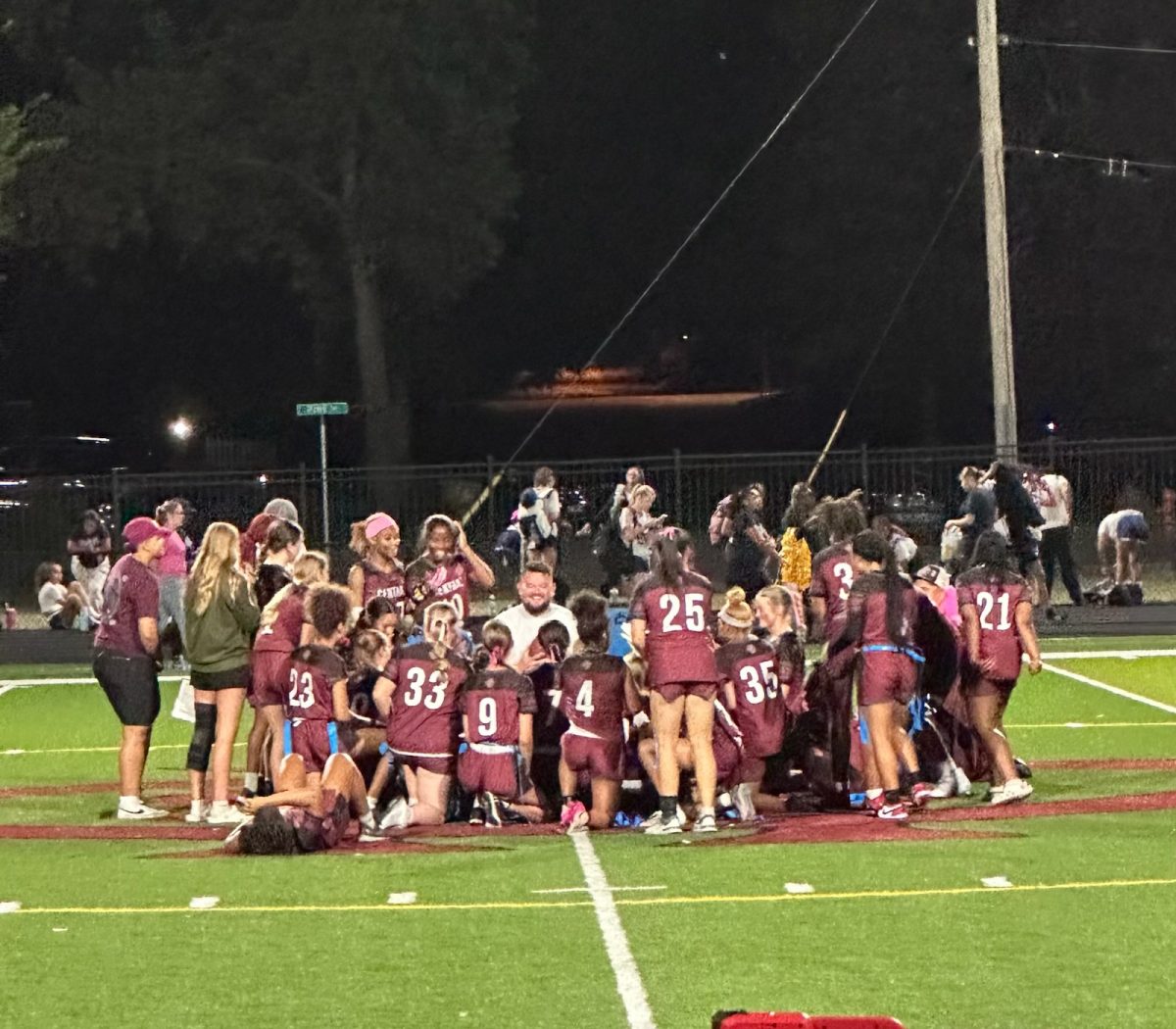As Central’s spring break came to a close and students began to return to school one by one, they all noticed one significant thing: the school Wi-Fi password had been changed once again. This caused students to feel a “lack of connection” and form a whole lot of opinions of their own.
“I was notified a couple of days ago by my friend because she couldn’t log on to it,” said Central senior, Niah Hickman in frustration for the new wifi change. “I was like, ugh they changed the wifi again and at this point, it’s kinda old and not that serious.”
“I found it a little ridiculous. With pretty much everything useful being blocked on Chromebooks and most assignments being online and requiring research,” says Charlotte Heads, Central Senior, “it seems pointless to not have internet access on our phones. If the ultimate goal of the school is to have us off of our phones, then I don’t think that various things we actually need access to should be blocked.”
“I understand I’m not as passionate about it as the students are, that’s for sure,” says Teacher Choi, a Central English teacher, offering a perspective from a staff member’s point of view. “The IT department and the district frames it as a security issue, which I wholeheartedly understand ‘cause wifi is actually less secure than a lot of people think.”
Many students have vocalized their agitated complaints about this inconvenient change, which conflicts with their social and academic lives. With improvised solutions ranging from downloading specific VPN apps to allegedly selling the wifi passwords via social media, Central students attempt to adjust to the new change, despite the fact of not technically being allowed to have access to the password.
“On the sellers’ part, I think it’s pretty smart. People will buy it, and they will profit from it. Personally, I wouldn’t buy that, but I understand why others would due to the sheer scale of inconvenience caused by a lack of connection,” says Heads in her response to the alleged wifi password transaction.
“That is insane,” said Choi, “it’s so manipulative. I don’t even know how much money you guys have, but it says something about the students who are selling it and are making a profit off of it. But it feels exploitative and I am personally not a fan.”
Though, these conflicts don’t just occur inside the classroom, but outside of it as well. “I have to do more and more of my in-class assignments at home due to not being able to get the right resources in class, and since I’m doing those at home, I don’t really have as much time for homework or studyings” says Heads, vocalizing her frustration with her in-class work time being limited due to the lack of access she is able to obtain during the school day. “Being unable to complete classwork during the time we’re given to do so forces us to prioritize that outside of school and also lowers focus levels in class because if we can’t do our work, we’re either going to do something on our phones that doesn’t require wifi or just mess around.”
“For students, they feel that it negatively impacts them but I don’t think it does that. I think it’s positively securing the security of the students’ internet that the students feel negatively impacted by,” claims Choi.
As of now, students are hoping for the inevitable, for the password or some sort of solution to be shared. While others don’t pay mind to the recurring issue at all.
“I just use my data at this point. I don’t even feel the need to get the wifi passwords because they’ll just change it again, and so if I have no service, even while using my data, I’m fine with it. I’m a senior, so I only got one month left to deal with this,” Hickman jokes.
“Most people now are using VPNs and connecting to the guest network. I’ve been completing less and less work in school because there’s no way to access the information we need for it, and I honestly hope to find the current password soon,” says Heads.











